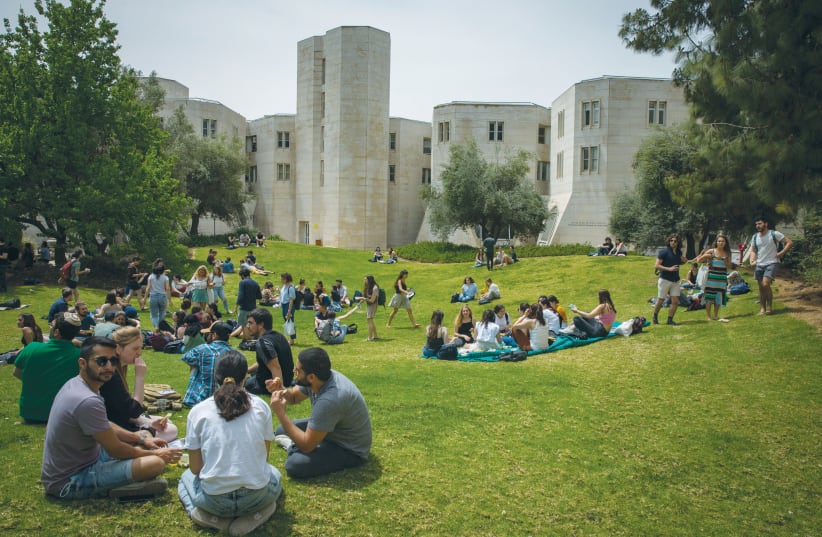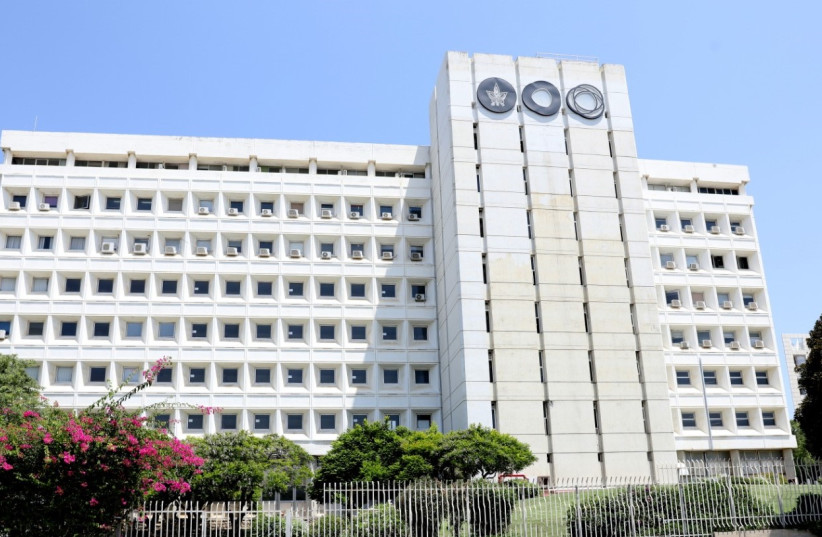Israel is the fifth most educated country in the world, with half (50.12%) of people having completed tertiary education, according to an Erudera report.
The rest of the top 10 are Canada, Japan, Luxembourg, South Korea, the US, Ireland, UK, Australia and Finland.
Erudera, an education search platform, also found some joint characteristics of those countries, saying that they all have relatively high per capita GDP, high spending on education and low unemployment rates.
Among highly educated young Israelis (25-34), women are a clear majority with 62.6%, according to the OECD report "Education at a Glance 2022".
Why is tertiary education important?
Tertiary education, according the World Bank, "refers to all formal post-secondary education, including public and private universities, colleges, technical training institutes, and vocational schools."
According to the report , during the COVID-19 pandemic, "unemployment increased much more for those with below upper secondary attainment than for those with tertiary attainment."
The report also suggests that better-educated adults find it easier to adopt new technologies. 71% of 55-74 year-olds with tertiary attainment managed to use online or video calls during the pandemic, while only 34% of similarly aged adults with below upper secondary attainment did.
There is an almost constant rise in the number of tertiary students, and therefore they are becoming more diverse with time. As more people gain access to tertiary education, the tertiary education systems have to adapt to students coming from less privileged backgrounds.

